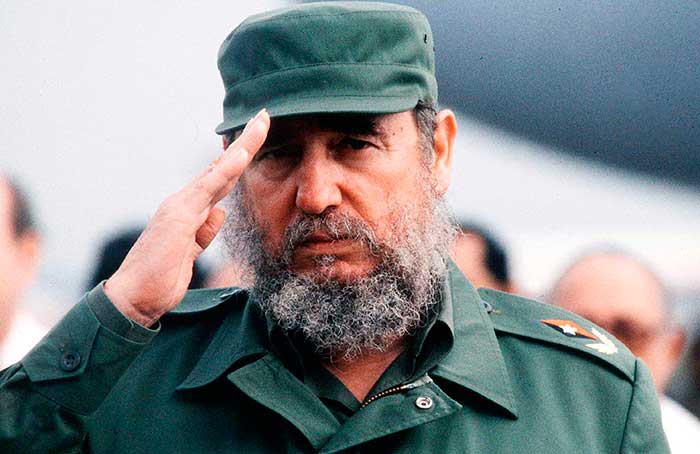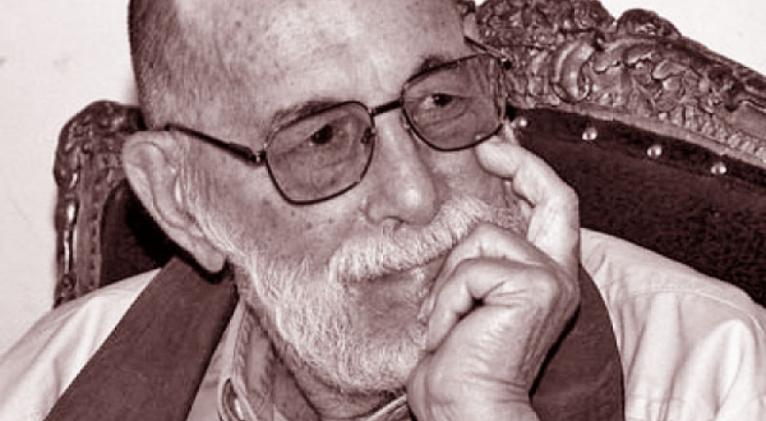Fidel in the Fortress of His People

It is often said that great men never die, even when they are no longer physically present, because they live on through their deeds and the example of their lives. Such is the case when speaking of Fidel Castro, a leader who devoted his fervent youth and nearly all his life to advancing his people and extending solidarity to others around the world.
Fidel endures in the grateful and unwavering memory of Cubans. His presence pulses stronger with each passing day in their hearts, in the rhythm of daily life, and amid the harsh blows of nature.
Fidel’s name has echoed from voice to voice, particularly in recent days, as Tropical Storm Oscar struck Cuba’s easternmost region with unprecedented ferocity. The storm brought record rainfall in just a few hours, followed by days of unrelenting deluge. As Cubans faced these challenges, many recalled Fidel’s hydraulic strategy—a visionary initiative that led to the creation of a monumental infrastructure of reservoirs, dams, and micro-dams. Once again, this system proved its worth by averting a greater disaster during the storm.
The passage of Hurricane Rafael over western Cuba also underscored Fidel’s foresight. Early in the revolutionary period, Fidel directed the establishment of a Civil Defense System to manage natural disasters of every kind. This system prioritized the protection of the population and state resources, with human life always regarded as the most precious asset.
The Civil Defense System, underpinned by an effective communication network, spans national, provincial, and municipal levels—even reaching the smallest communities. This structure ensures that warnings and guidance are promptly delivered, reflecting Fidel’s meticulous planning and unwavering commitment to his people.
Nothing escaped Fidel’s sharp intellect and profound love for his homeland. He was a man who always stood on the side of duty, embodying the roles of guerrilla fighter, statesman, Commander-in-Chief, and a symbol of a people united in defense of their Revolution.
Fidel’s presence feels almost ubiquitous, as though he exists everywhere at once. He never lost a battle. Even eight years after his physical departure, the Cuban people sense him nearby—in the smiles of newly graduated students, in the pride of athletes who earn their medals through sheer determination, in the satisfaction of farmers celebrating a successful harvest, and in the courage of linemen risking their lives to restore electricity to homes affected by disasters.
As General of the Army Raúl Castro Ruz declared during Fidel’s memorial in Santiago de Cuba eight years ago: “Fidel’s enduring lesson is that it can be done, that humankind can overcome the harshest conditions when the will to prevail does not falter.”
His teachings remain an unfailing compass, guiding the Cuban people along the path he charted. Time and again, they turn to his reflections and insights to maintain their course, for the «it can be done» spirit he instilled is deeply rooted in their collective identity. As Fidel once said: “Without this people, this country would not have been capable of achieving the extraordinary feats it continues to accomplish.”
Translated by Luis E. Amador Dominguez



